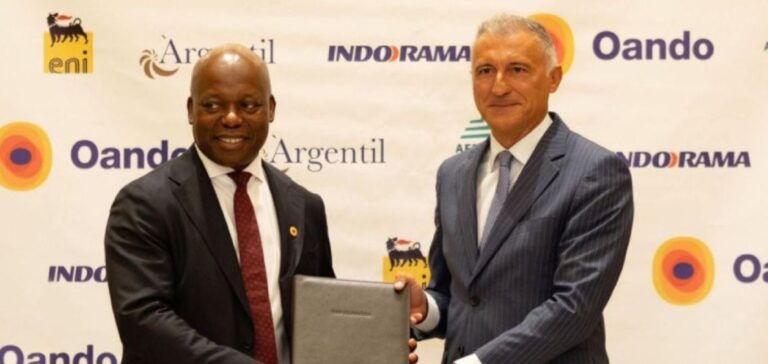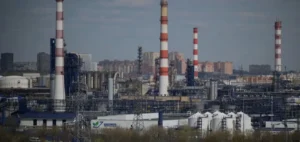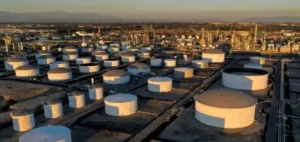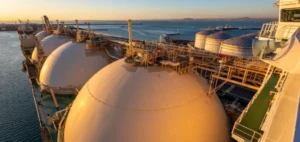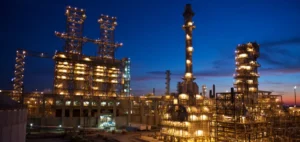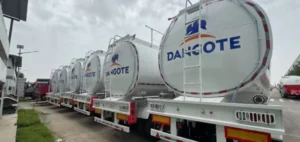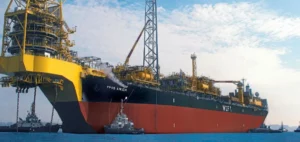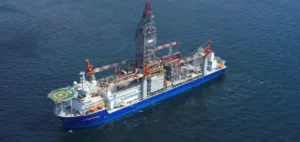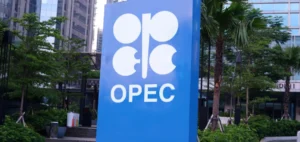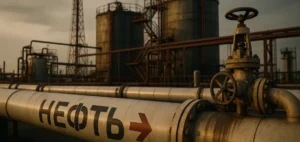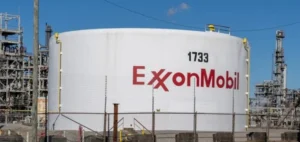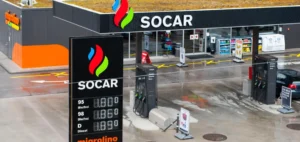Oando PLC, one of the leading players in the Nigerian oil sector, completes the integration of Eni’s onshore assets for $783 million. This strategic transaction enables Oando to increase its production to 50,000 barrels of oil equivalent per day (boe/d), consolidating its position in the national energy industry.
Eni, the Italian energy group, sells its subsidiary Nigerian Agip Oil Company (NAOC) to Oando.
The sale includes interests in four onshore oil blocks (OML 60, 61, 62 and 63), as well as crucial infrastructure such as the Brass terminal and several exploration concessions.
This move is part of a trend among international oil companies (IOCs) to review their presence in Nigeria’s onshore regions, where they face challenges such as oil theft and sabotage in the Niger Delta.
Reconfiguring Nigeria’s energy sector
This transaction comes against a backdrop of profound reorganization of the Nigerian oil market, with local companies gaining in strength.
By taking control of these key assets, Oando is now positioned as a major player in the sector, capable of influencing national hydrocarbon production.
This development reflects the desire to strengthen local expertise and adapt strategies to the specific challenges of the field.
As part of its redeployment strategy, Eni is retaining its shares in the Shell Production Development Company joint venture, as well as its deepwater projects and Nigeria LNG.
This approach enables Eni to concentrate its efforts on assets deemed more profitable in the long term, while reducing its exposure to local risks.
Challenges and opportunities for Oando
For Oando, the absorption of these oil blocks represents a significant opportunity to solidify its influence in onshore production in Nigeria.
The company’s CEO, Wale Tinubu, highlights the acquisition as a major milestone in the company’s growth strategy.
He emphasizes Oando’s ability to manage these new assets responsibly, in harmony with the requirements of local communities.
With this new set of assets, Oando is equipping itself with the necessary means to reinforce its competitiveness in an increasingly demanding market.
The company will now have to prove its ability not only to maintain, but also to increase production from these blocks, while overcoming the sector’s many operational challenges.


